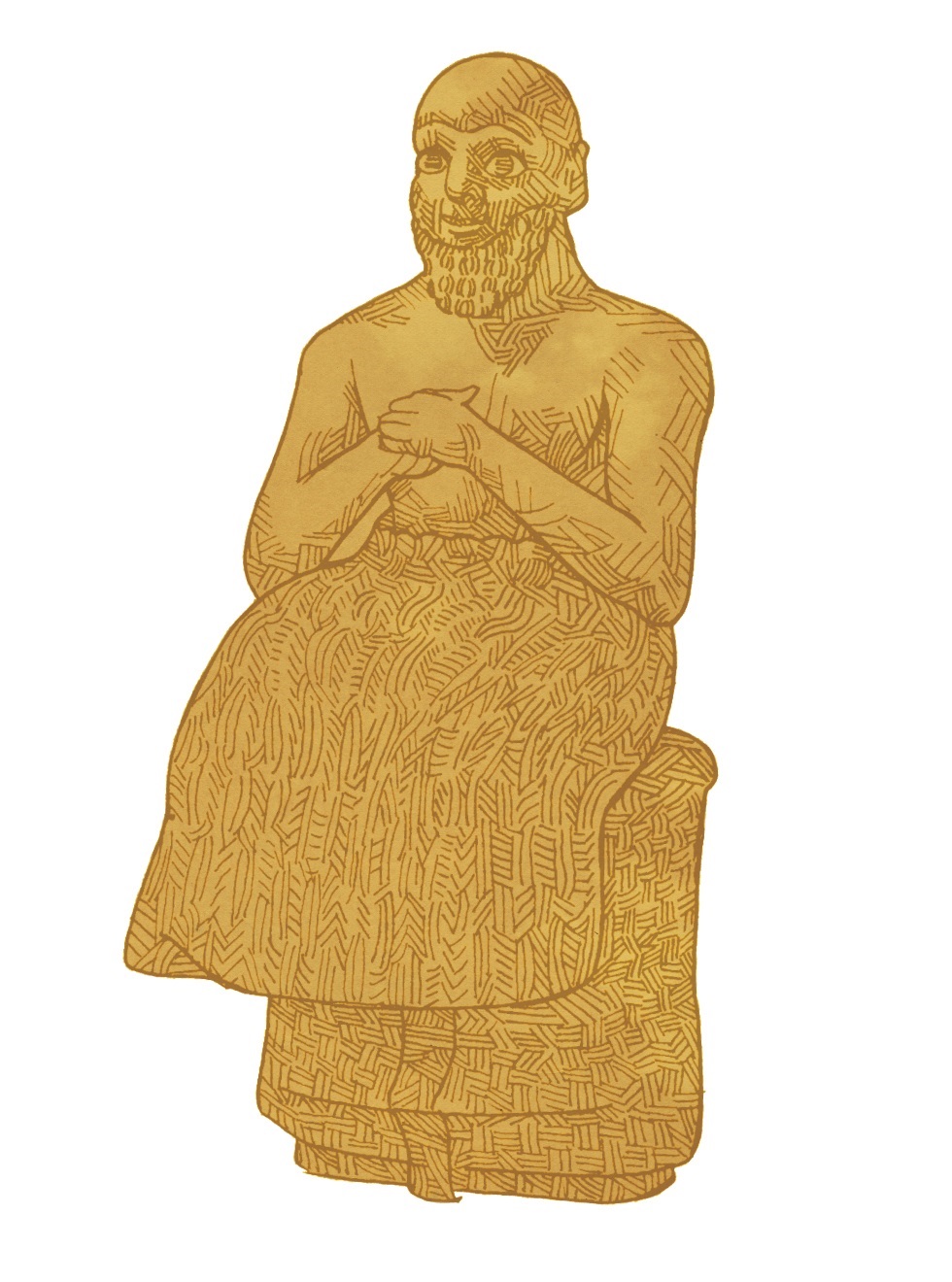The Fallacy of 'True and False' in Prophecy Illustrated by Jer 28:8-9
DOI:
https://doi.org/10.5508/jhs.2012.v12.a10Abstract
The study of ancient Near Eastern prophecy has shown that a principal distinction between ‘prophecy of salvation’ and ‘prophecy of judgement’ is questionable. The prophets in the ancient Near East did much more than just speaking pleasant words to those who paid them. Encouragement, although taking a prominent position in ancient Near Eastern prophecy, was accompanied by divine claims. Both in Mari and in Assyria, we see that if such claims were not granted or if a king had otherwise not fulfilled his duties, the gods, through their prophets, could reproach him. More drastically, prophecy of encouragement could be turned upside down. Whereas normally the gods encouraged the king and an- nounced the annihilation of his enemies, announcements of annihi- lation could also be directed against the king as part of a declaration of divine support to his adversary. The same prophetic voice that encouraged and legitimized the king, could also formulate demands on him, or even choose the side of his adversaries. The fact that prophets functioned within the existing order did not mean that they always agreed with the king and his politics. The interest of the cosmic and social-political order could well transcend the interests of an individual king.

 Statue of Ebih-Il, drawing by Simeon Goa, © Journal of Hebrew Scriptures
Statue of Ebih-Il, drawing by Simeon Goa, © Journal of Hebrew Scriptures
